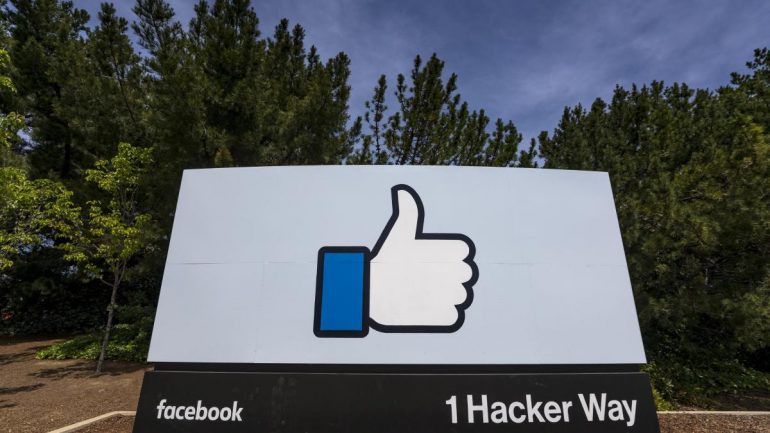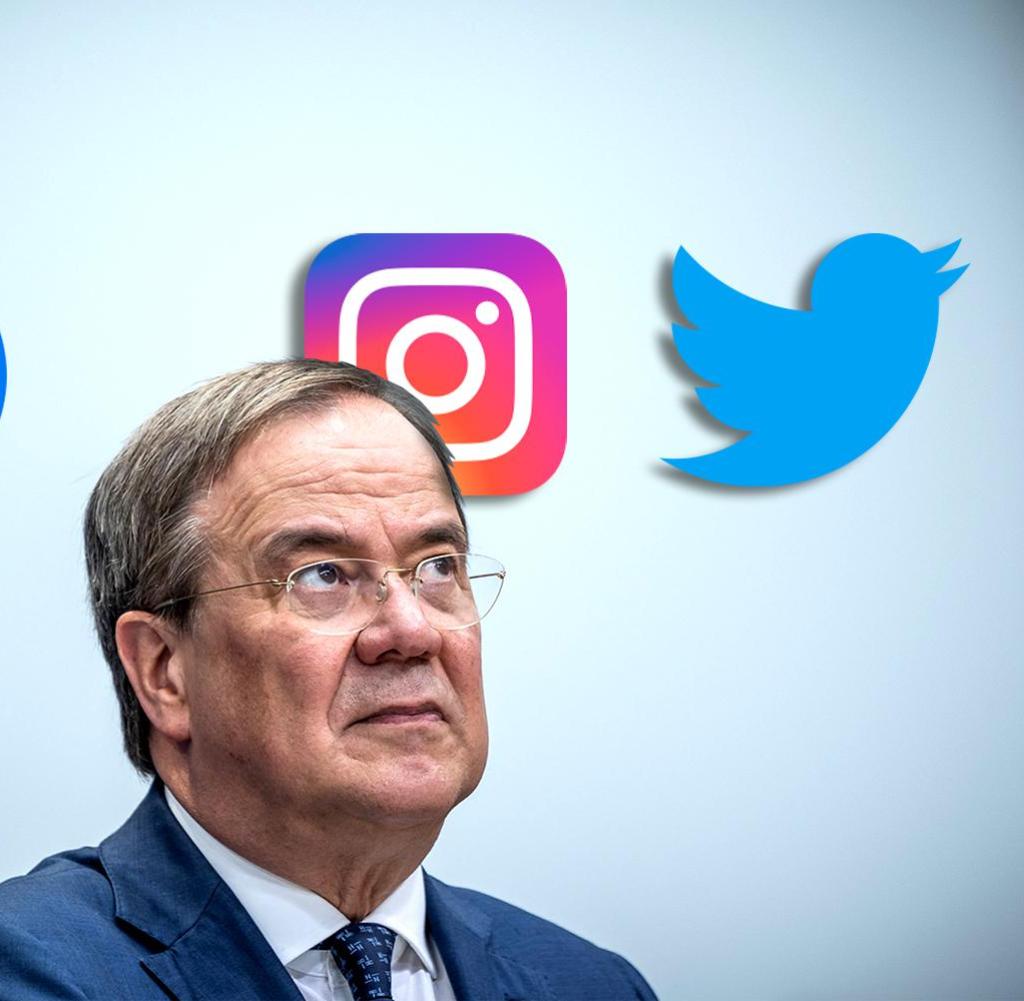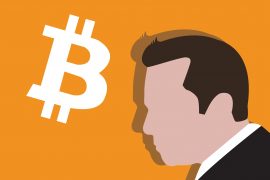MOr more than six hours without Facebook, WhatsApp and Instagram: an unusually prolonged total outage affected the online network’s billions of users on Monday. in a blog post Facebook commented on the reason: Santosh Janardhan, vice president of infrastructure, said a “faulty reconfiguration” was done on the routers responsible for data traffic between data centers. The interruption in data traffic “had a massive impact on communication between our data centers and brought our services to a standstill”.
Facebook said the failure also affected internal systems, making it difficult to diagnose and resolve the issue. According to the company, there is no indication that user data has been affected.
Facebook’s tech team previously apologized on Twitter: “We’re sorry to the vast community of people and companies around the world who trust us,” the team wrote on Twitter. “We have worked hard to regain access to our apps and services and we are happy to have them back online. Thank you for supporting us.”
Founder and boss Mark Zuckerberg also apologized in a short Facebook post. Around 3.5 billion people worldwide use at least one Facebook Group service.
“Manual reset” of the server
The malfunction was so difficult to control that, according to the New York Times, Facebook had to send a team to its data center in Santa Clara, California, to attempt a “manual reset” of the servers. It would be like pressing the reset button on your PC at home because nothing works.
The “New York Times” wrote, Facebook itself, in addition to the internal communications platform, also failed digital door locks in offices and other network technology.
Facebook services cannot be used after 6 pm German time. John Graham-Cumming, technology owner at cloud service provider Cloudflare, explained that users and software continue to attempt to control Facebook services. This ensures a huge increase in load on other DNS services, he wrote on Twitter.
increased political pressure on facebook
It’s time for Twitter to exchange information about the failure – and the Facebook competitor was aware of that. “Hello everyone, literally,” tweeted the short message service’s account, on which countless Facebook users cried for hours to find information.
For Facebook, which is currently under increased political pressure in the United States, several hours of failure was a shameful coronation of already bad weeks. Just on Sunday, a former employee identified himself as a whistleblower and accused the online network of putting profit above user well-being. He should be questioned in the US Senate on Tuesday.
Twitter on Monday was full of such jokes about how the disappearance of Facebook made everything better in one fell swoop, including world peace. “Hopefully Facebook, Instagram and WhatsApp never work again,” tweeted satirist Jan Bohmerman. NSA whistleblower Edward Snowden took the opportunity to recommend the Signal chat app as an alternative that offers more privacy.
On the malfunctioning platform, users sometimes reported problems with other online services that were initially largely unconfirmed.
Faults that can be traced back to network errors occur time and again on the web. For example, in July, one of them ensured that several websites were temporarily unavailable. The centralization of network infrastructure across large providers also ensures that a company failure can tear many services and websites off the network.
There was widespread failure at Facebook in the spring of 2019
In early June, several websites around the world were unavailable for about an hour following a malfunction in one of the cloud services. At the time, the British government, the Reddit platform and news portals of the Guardian, the New York Times, the Financial Times and the French newspaper Le Monde were affected.
There was a widespread failure at Facebook in the spring of 2019, which, according to the company, was due to an error in the server configuration. However, Monday’s disruption was extraordinary in its magnitude and duration.
A long-term question is whether the outage will prompt Facebook advertisers to consider alternatives. Because many small businesses around the world rely on Facebook to attract customers. For them, disruption meant lost business.
Facebook’s stock closed with a fall of nearly five percent. Even after that, the company was still valued at about $920 billion on the stock exchange. Following the resolution of the disruption, prices temporarily edged up 0.55 per cent in after-hours trading.
“There was always a problem in the past, a bigger problem than now”
In the event of an unusually large outage, several Facebook Groups services went offline across the board. Apart from the actual Facebook platform, WhatsApp and Instagram are also inaccessible to many users. Also, Thomas Hazeroth from the WELT Economic Department.

Reader. Organizer. General creator. Zombie fanatic. Alcohol advocate. Food junkie. Bacon ninja.









